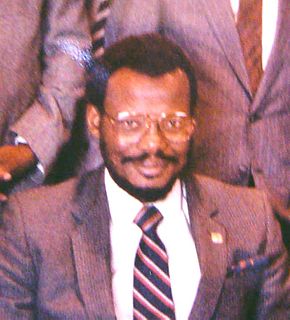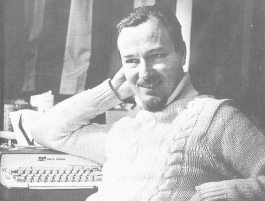A Quote by Masha Gessen
We learn to think of history as something that has already happened, to other people. Our own moment, filled as it is with minutiae destined to be forgotten, always looks smaller in comparison.
Related Quotes
For some people, history is simply what your wife looks good standing in front of. It’s what’s cast in bronze, or framed in sepia tones, or acted out with wax dummies and period furniture. It takes place in glass bubbles filled with water and chunks of plastic snow; it’s stamped on souvenir pencils and summarized in reprint newspapers. History nowadays is recorded in memorabilia. If you can’t purchase a shopping bag that alludes to something, people won’t believe it ever happened.
I am interested in the possibility that we are going to be wrong in the same way that history has indicated that mankind always is. It seems as though the history of ideas is the history of being wrong. And to me, that is a kind of continuum. It's a continual path that shows we don't always know something, but we're always shifting to a path that makes us feel more comfortable in the moment, even if that shift is wrong, and a new shift is destined to happen again.
I think a lot of times when people hear the word dance, they think 'oh, that's something that I can't do.' But dance really lives in our bodies and the thing that I've come to learn, embrace and lift up is that we have history in our bodies that's living and breathing. We have our own individual history but we also have our heritage. Each one of us has our movement language and it's about tapping into that and pulling that out. That's the thing that I try to encourage everybody because it's not about dance, it's about the movement and the gesture and how we honor it.
I feel that we're dividing along class lines for the first time in our history. Now one thing that has happened in this reaction to globalization is that the elites are not respectful of the values of those who are ordinary citizens, so we seem to be dividing ourselves into ever-smaller identity groups, each with its own narrative, each with its own grievance, and that's a problem.
To sing with other people and for other people, that's when you can really learn something about your voice. You can only learn so much if you create your own boundaries all the time. But then, other people can really teach you something. You know, if you're trying to sing with them, or if someone brings a style.
We forget that there is much more patriotism in having the audacity to differ from the majority than in running before the crowd; we forget that in the resistance of the minority some of the biggest things in our own history have been accomplished, and the man who looks on the Stars and Stripes and doesn't hold a right to say nay to his neighbor, even if the neighbor is of the larger party, has forgotten the history of his country.
































